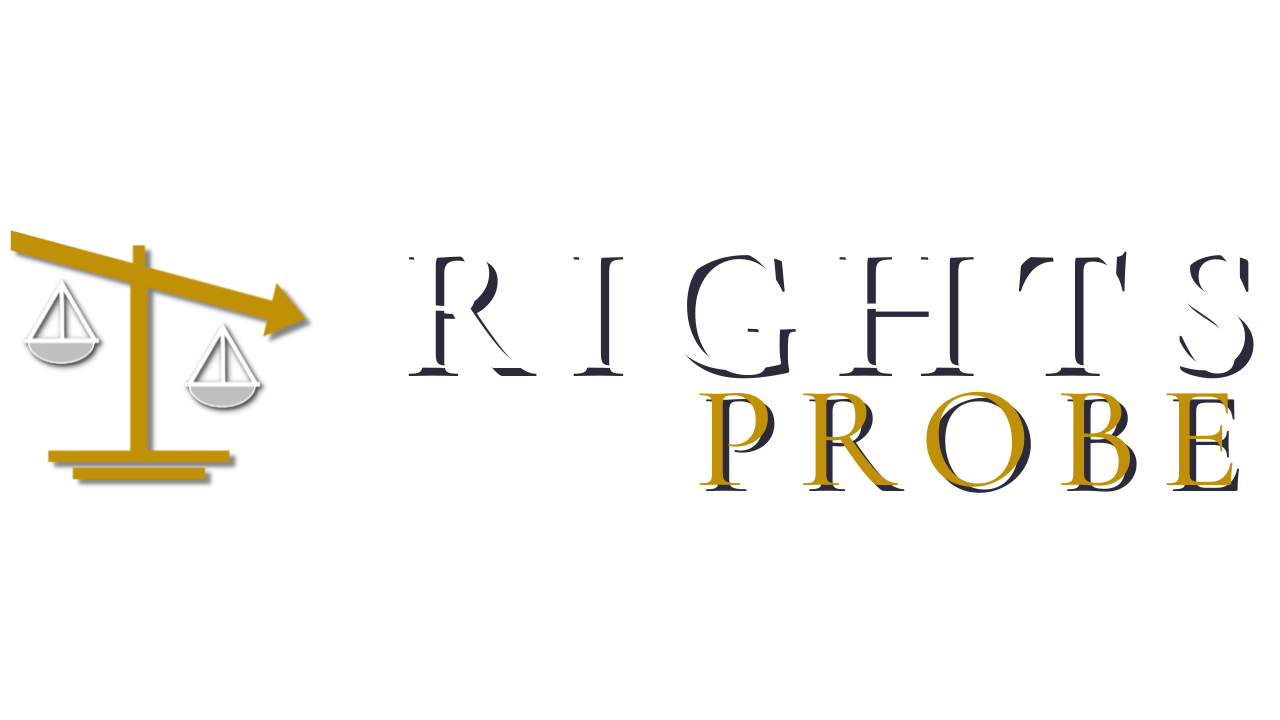WHO health treaty a convenient cover for more government overreach
By Bruce Pardy | Special to the National Post
Last September, the CBC ran a hit piece on Conservative MP Leslyn Lewis after she warned that a new international pandemic treaty could undermine Canadian sovereignty over public health.
Catherine Cullen, the CBC journalist, quoted three academics to debunk Lewis’ claims. It’s nonsense, said Stephen Hoffman of York University. “So far from the truth that it’s actually hard to know where to begin,” said Kelley Lee of Simon Fraser University. It’s fearmongering, said Timothy Caulfield of the University of Alberta, as no treaty can suspend the Canadian Constitution. That last part is correct, but Lewis is right to be concerned. Under the guise of international cooperation, governments are devising a cover to enact even tougher public health restrictions next time a crisis is declared.
The World Health Organization (WHO) is drafting a new pandemic agreement and amendments to the International Health Regulations, which since 2005 have set out countries’ obligations for managing the international spread of disease. Member countries of the World Health Assembly are expected to approve both in May. The agreement would establish governing principles for an international pandemic management regime, and the updated regulations will transform the WHO from an advisory body to the directing mind and will of global health.
Technocrats learned a lot from COVID. Not how to avoid policy mistakes, but how to exercise control. Public authorities discovered that they could tell people what to do. They locked people down, closed their businesses, made them wear masks and herded them to vaccination clinics. In Canada and elsewhere, people endured the most extreme restrictions on civil liberties in peacetime history. If the new proposals are anything to go by, next time may be worse.
Under the new health regulations, the WHO will have the authority to declare public health emergencies. Countries will “undertake to follow WHO’s recommendations.” WHO measures “shall be initiated and completed without delay by all State Parties … (who) shall also take measures to ensure Non-State Actors operating in their respective territories comply with such measures.”
In other words, governments will promise to do as the WHO directs. They will make private citizens and domestic businesses comply too. Lockdowns, quarantine, vaccines, surveillance, travel restrictions and more will be on the table. Under the draft agreement, countries would commit to censoring “false, misleading, misinformation or disinformation.” During COVID, despite governments’ best efforts, dissidents managed to seed doubts about the mainstream pandemic narrative. In the future, things may be different.
WHO officials and proponents of the proposals won’t admit to any of this out loud, of course, and you won’t hear much about these plans in the mainstream press. But the draft proposals, at least the ones released, say so in black and white.
Many national governments will be on board with the plan. That may seem counterintuitive since it appears to diminish their control, but more valuable to them is the cover that WHO directives will provide for their own heavy hands. Officials will be able to justify restrictions by citing international obligations. Binding WHO recommendations leave them no choice, they will say. “The WHO has called for lockdowns, so we must order you to stay in your home. Sorry, but it’s not our call.”
That sounds like a loss of sovereignty, but it is not. Sovereign states have exclusive jurisdiction in their own territory. WHO directives would not be directly enforceable in Canadian courts. But national governments can agree to follow the authority of international organizations. They can craft domestic laws accordingly. That too is an exercise of sovereignty. They can undertake to tie their own hands.
Provinces might decide to go along also. Provinces have jurisdiction over many orders that the WHO might recommend. Lockdowns, vaccine mandates, quarantine orders and other public health restrictions are primarily provincial matters. The feds control air travel, international borders, the military, drug approvals and the federal workforce. The federal government’s power to make treaties cannot oust provincial legislative jurisdiction, but WHO cover for restrictive measures would appeal to provinces as well.
The WHO cannot suspend the Constitution. International norms, however, can influence how courts read constitutional provisions, and the meaning of the Constitution is fluid, as our Supreme Court is fond of insisting. If norms change, so might the court’s interpretation of the Charter of Rights and Freedoms. The WHO’s proposals can’t define Canadian constitutional rights, but they aren’t irrelevant either.
Proponents would deny that the WHO is seizing control or undermining democracy. Technically they are correct. National governments must approve the new international pandemic plan. Without their agreement, the WHO has no power to impose its dictates. And not all countries may be keen on all the details. The WHO proposals call for massive financial and technical transfers to developing countries. But climate change pacts do too, and these were embraced by rich countries, unable to resist the virtue signaling and validation of their own climate boondoggles.
States that sign on to the WHO proposals retain the sovereignty to change their minds, but leaving international regimes can be hellishly difficult. When the United Kingdom belonged to the European Union, it agreed to be subject to EU rules on all manner of things. It remained a sovereign country and could decide to get out from under the EU’s thumb. Brexit threatened to tear the country apart. Having the legal authority to withdraw does not mean that a country is politically able to do so. Or that its elites are willing, even if that’s what its people want.
The WHO proposals prescribe authority without accountability, but they do not eliminate sovereignty. Instead, national governments are in on the game. When your own government aims to manage you, national sovereignty is no protection anyway.
For the original version of this article, see the publisher’s website here.
Bruce Pardy is the executive director of Rights Probe and a professor of law at Queen’s University.
Further Reading
